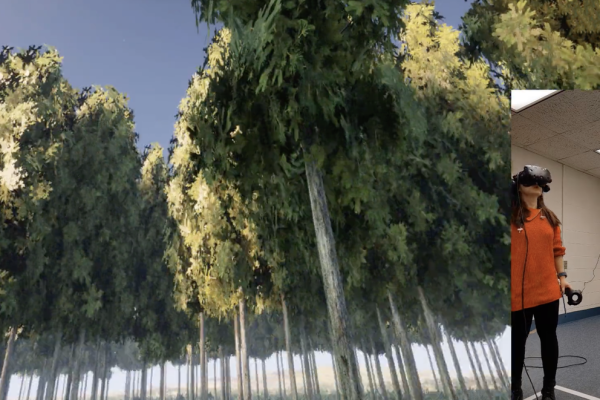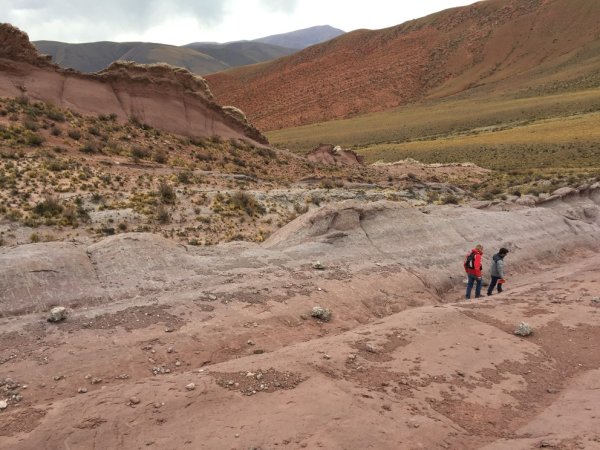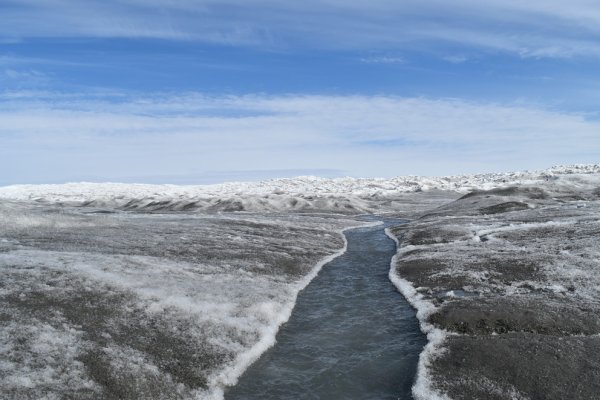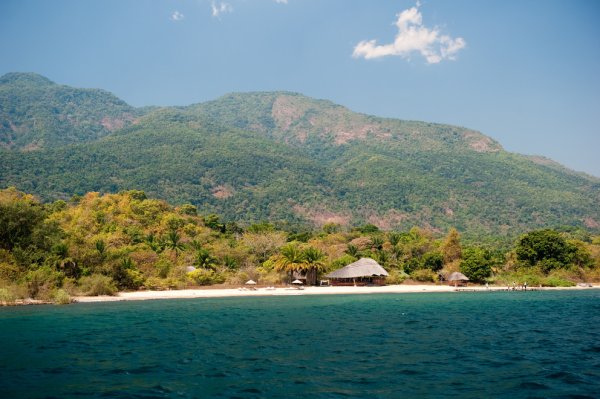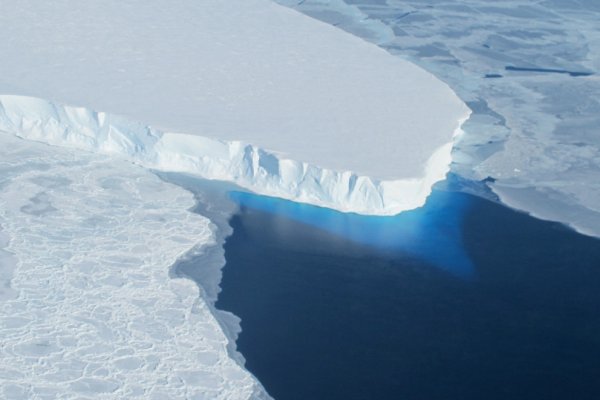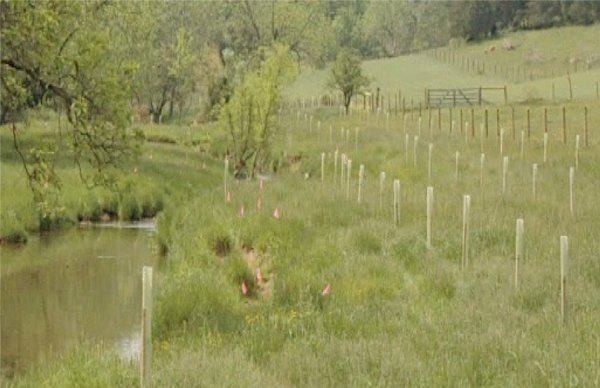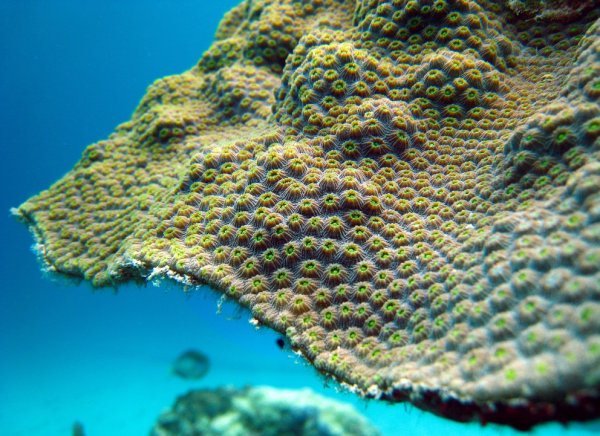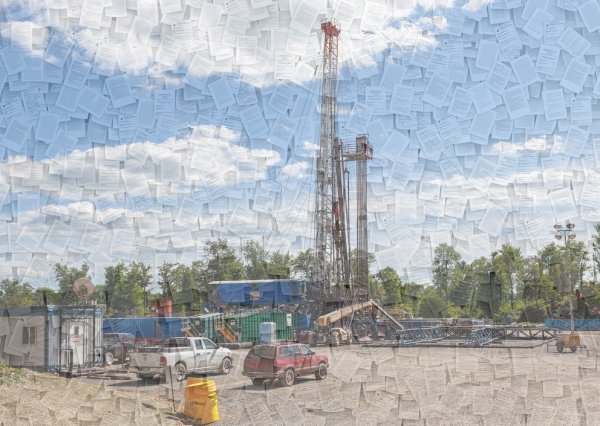University center advances energy, environmental knowledge via virtual reality
| news.psu.edu
The Center for Immersive Experiences provides energy and environment researchers virtual platforms to better communicate their science.
Researchers use minerals from ancient soils to reconstruct past climate
| news.psu.edu
When the geological epoch known as the Paleocene ended and the Eocene began nearly 56 million years ago, Earth’s atmospheric carbon dioxide levels ranged between 1,400 and 4,000 parts-per-million (ppm). An international team of scientists, including Penn State's Timothy White, measured the heat and humidity caused by these high CO2 levels using tiny minerals called siderites.
Ocean color satellites reveal glacier algae, insights for climate models
| news.psu.edu
The brownish-grey algae that darken the Greenland ice sheet in summer cause the ice to melt faster, but only recently have scientists measured these blooms in the field, and only at few sites. Ocean color satellites can help researchers map glacier algal blooms and better understand how biological organisms contribute to ice loss.
Climate impacts could put major fishery, food security at risk in East Africa
| news.psu.edu
Climate change could put a major fishery at risk in one of the world’s most vulnerable regions. Lake Tanganyika is home to small pelagic fish that feed millions of people in East Africa, but certain climatic changes could threaten fish stocks and regional food security, according to researchers.
Ice melt projections may underestimate Antarctic contribution to sea level rise
| news.psu.edu
Fluctuations in the weather can have a significant impact on melting Antarctic ice, and models that do not include this factor can underestimate the global impact of sea level rise, according to Penn State scientists.
Harvesting vegetation on riparian buffers barely reduces water-quality benefits
| news.psu.edu
Allowing farmers to harvest vegetation from their riparian buffers will not significantly impede the ability of those streamside tracts to protect water quality by capturing nutrients and sediment — and it will boost farmers’ willingness to establish buffers.
Coral’s resilience to warming may depend on iron
| news.psu.edu
The ability of the microalgae that live within coral cells to respond to warming water temperatures in part depends on the amount of iron available to it, according to a new study led by Penn State researchers.
Fracking bill analysis reveals how states may influence each other's policies
| news.psu.edu
Even though State governments routinely rely upon interest groups to help them as they craft legislation, researchers found that certain peer-leader states, like Pennsylvania and Colorado, have greater influence in shaping states’ fracking policies, in a study led by Penn State Professor of Geography Jennifer Baka.

